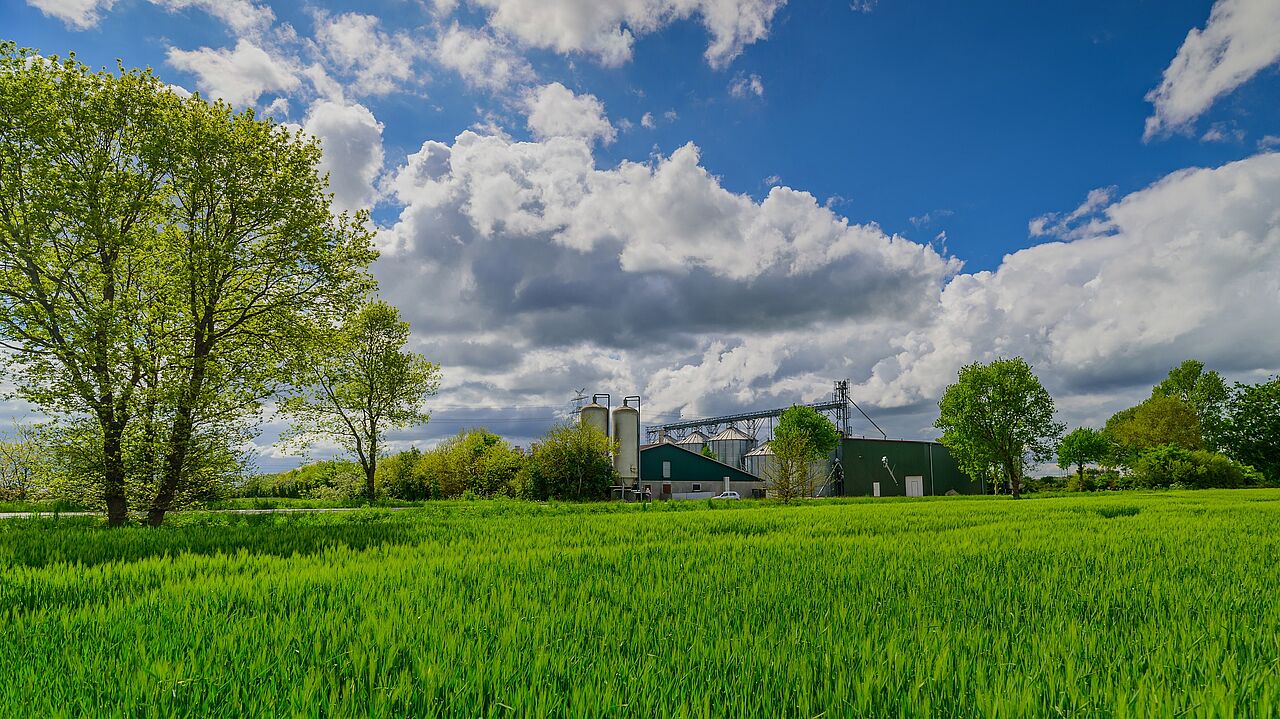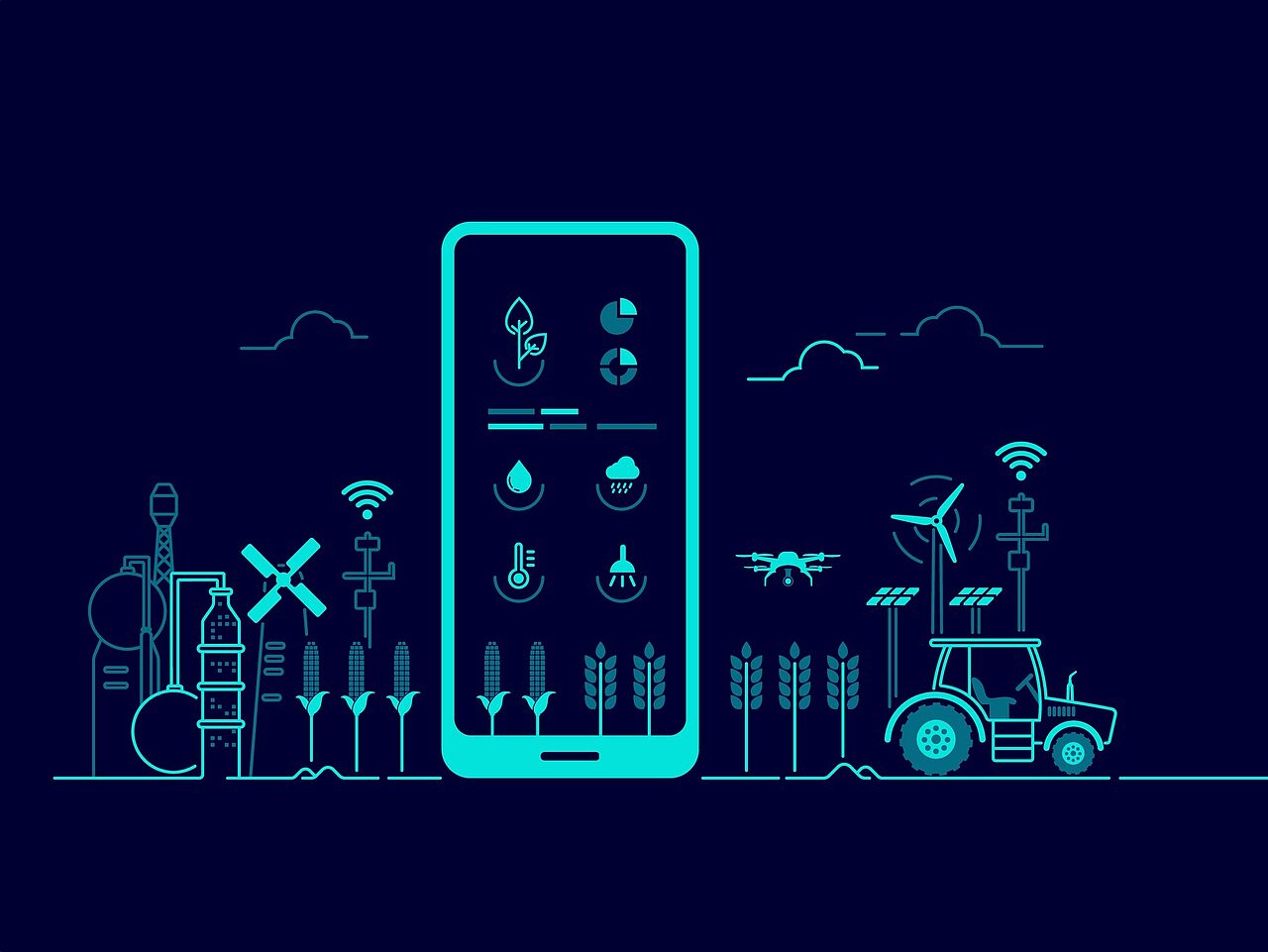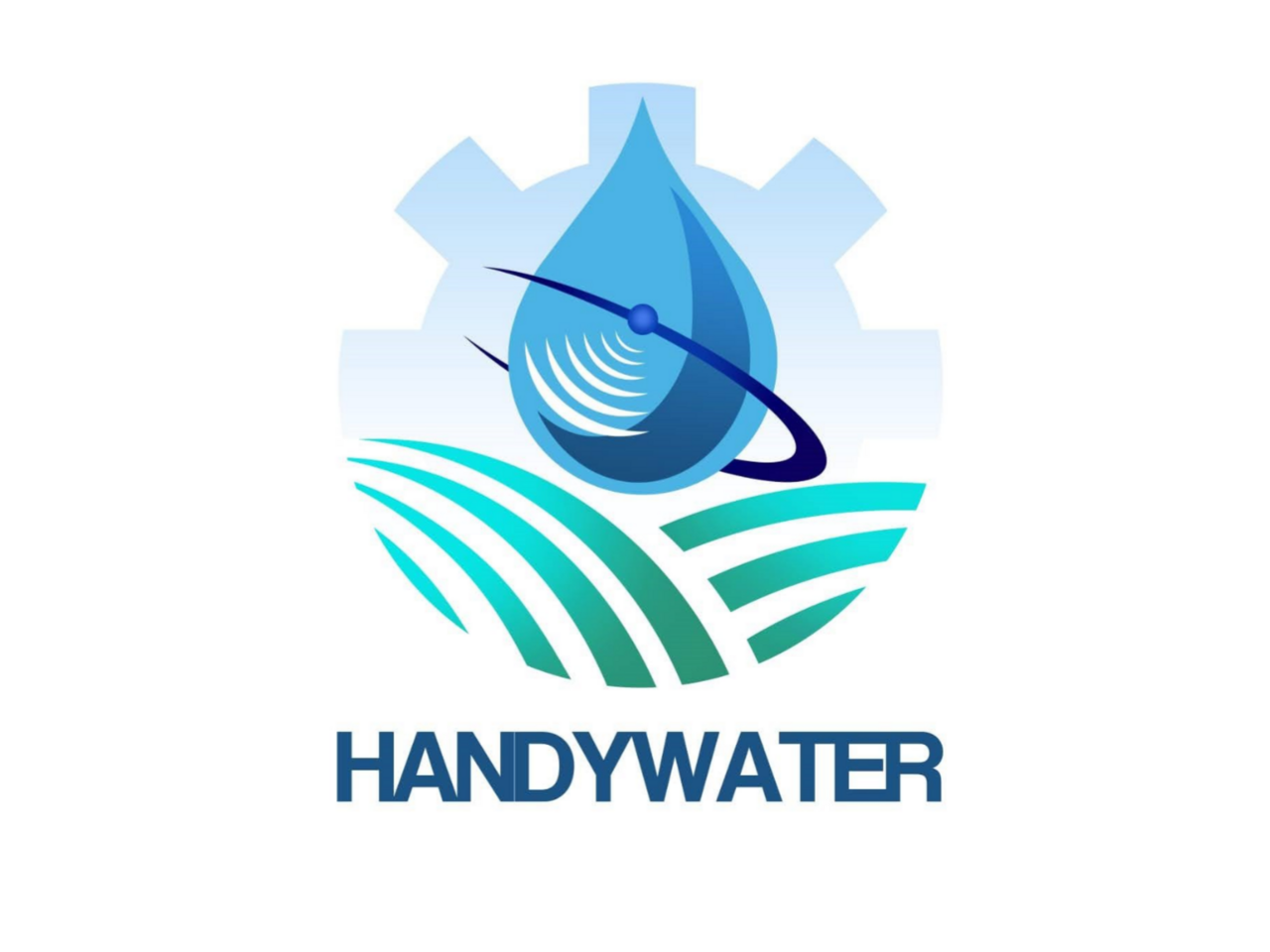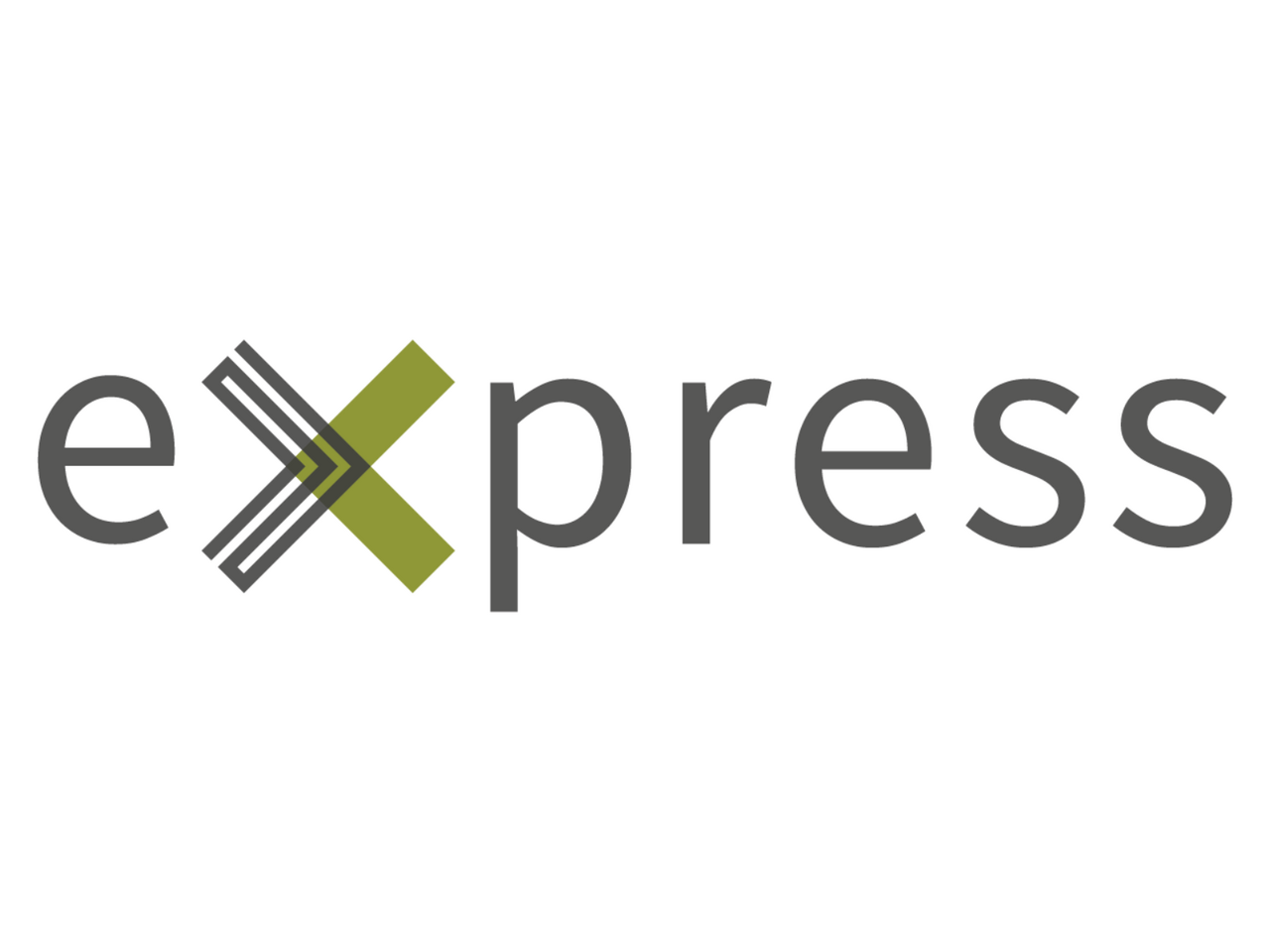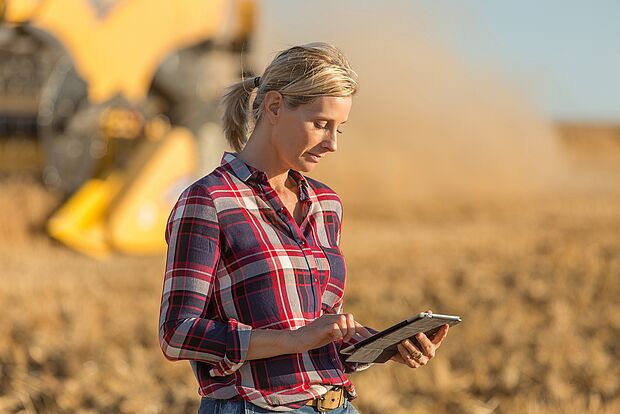
Digitization
Practical experience shows the challenges and hurdles of digitization in the agricultural business. Companies are faced with many questions that are difficult to answer without a whole-farm concept or strategy. To avoid getting lost in isolated solutions, we support you in answering these questions and help you formulate the goals that are relevant to you.
Every farm has its own framework conditions that must be considered individually in the digitization concept. Therefore, the following points should form the basis of the concept:
- Digitization is not an end in itself – it supports the company or the entrepreneur in achieving business goals better and faster.
- After they have been successfully implemented, digital systems must function smoothly within the company.
- Expert knowledge is applied via digital systems.
- It should be possible to continuously develop the digital system of a farm.
- The ownership of the data and information lies with the producer of the data.
During implementation, a distinction must be made between 1) standard adaptations that can be achieved cost-effectively and without major operational effort and 2) new developments that are planned and developed around existing processes. The latter are to be preferred when it comes to process flows that (should) represent a unique selling point of the company.
The introduction of digital systems and applications is always associated with the task of critically scrutinizing business and production processes and optimizing them where necessary. Therefore, digitization begins with an examination of the existing processes. In a work plan, the digitization strategy is formulated based on the following points:
- Working out the goal: Where does the company want to go in the short, medium and long term in terms of digitization in the aforementioned branches of operation?
- Analysis of the status quo
- Development of the digitization roadmap
- Selection of adequate components
- Accompaniment of the implementation
- Maintenance through support and further development

